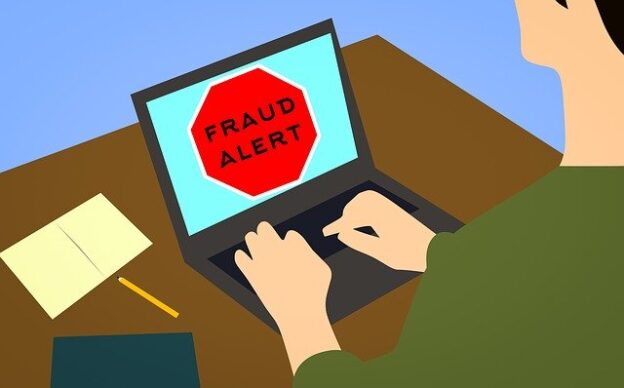Beware of work at home opportunities that sound too good to be true they usually are. A legitimate job shouldn’t ask you for any money to get started, some may require you to pay a small fee for a background check. Even with a background check, you should not expect to pay any more than $30 or $40.00 give or take.
You may also be required to have or purchase certain products needed to run the business from your home. If the company you would like to work for is looking for you to purchase items from them other than a background check, to start a job with them, I would look elsewhere, it sounds like a scam, run.
Some popular scams.
- Internet businesses. You’re told you can earn thousands of dollars a month starting your own internet business. The company says that no experience is necessary because they have experts to coach you. You’re pressured to pay for the opportunity right away. Once you pay, the company says you won’t succeed unless you pay for more pricey services. Many people who pay for these “businesses” are left with a lot of debt and not much else
- Envelope stuffing.
Promoters advertise that for a “small” fee, they’ll tell you how to earn big money stuffing envelopes at home. After paying the fee, you find out there is no work. Instead, you’ll receive a letter telling you to get other people to buy the same envelope-stuffing opportunity or some other product. You’ll earn money only if those people respond the same way you did. But the promoters rarely pay. - Mystery shopping.
Ads for mystery shoppers say they want people who are willing to shop at certain stores or dine at certain restaurants, and then report on their experience in exchange for money. To begin, you must register and pay a fee. Often, your first job is to evaluate the effectiveness of a money transfer service. You will unknowingly be given a fake check, told to deposit it in your bank account, withdraw the same amount in cash, and send it by wire transfer to a third party. The check will bounce and you will be on the hook for the full amount. - Rebate processing.
An ad or email claims you can earn big money by helping to process rebates. The fee for training, certification, or registration is nothing compared to what you’ll supposedly earn processing rebates from home. What you get is poorly written and useless training material. There are no rebates to process and few people ever make any money. - Medical billing.
The ads promise a substantial income for full- or part-time work processing medical claims electronically – no experience needed. When you call the toll-free number, a sales representative tells you doctors are eager for help. In exchange for your investment of hundreds or thousands of dollars, the representative says you’ll be provided everything needed to launch your business. Few customers who pay for medical billing opportunities ever find clients or make money.
Tips on How to Avoid Work-at-Home Scams
It’s not always easy to figure out if a company is legitimate. Try these five essential tips from the Attorney General of the State of New York:
- Check with the Better Business Bureau in your area and the area in which the company is located.
- Ask questions, including what specific tasks you’ll have to perform; whether you will be paid by salary or commission; and who will pay you. Also, ask about the total cost to you, including supplies and equipment.
- Be wary of overstated claims of product effectiveness, exaggerated claims of potential earnings, and demands that you pay for something before instructions or products are provided.
- Be wary of personal testimonials that never actually identify the person so you can’t investigate further.
- Contact your state Attorney General’s consumer helpline if you believe you’ve been victimized by a work-at-home scheme.
